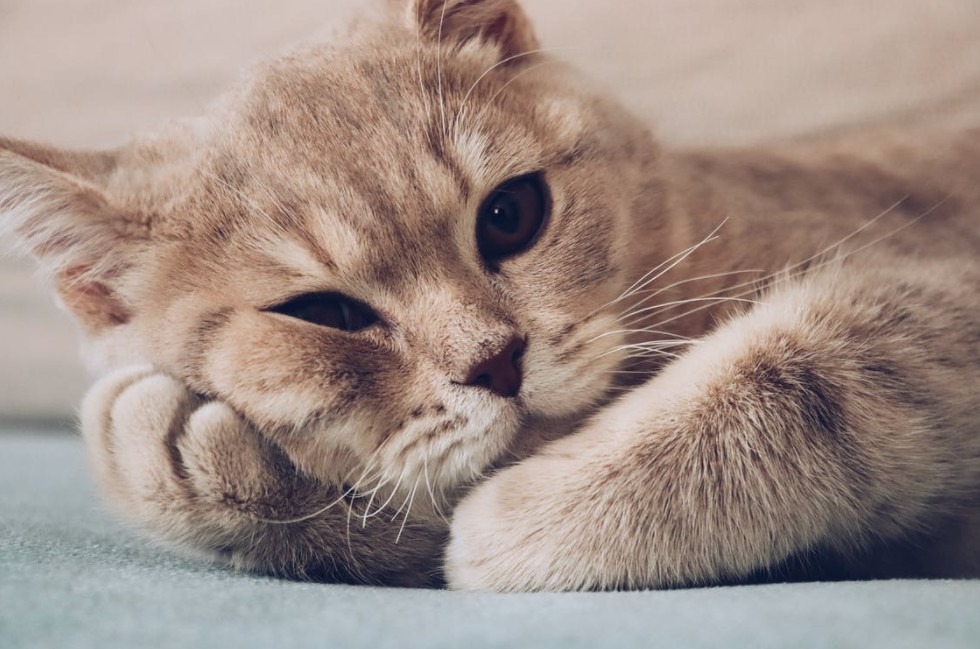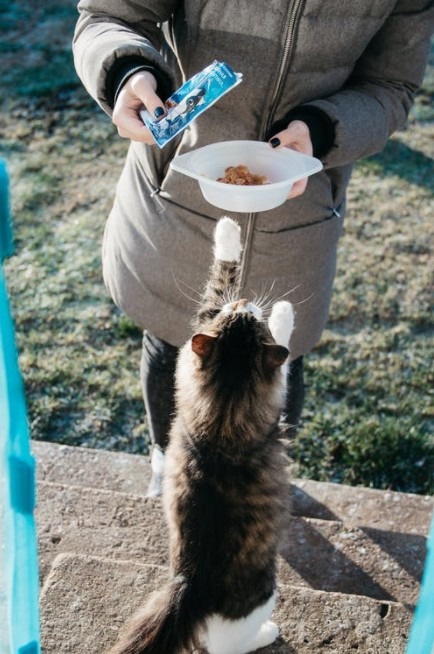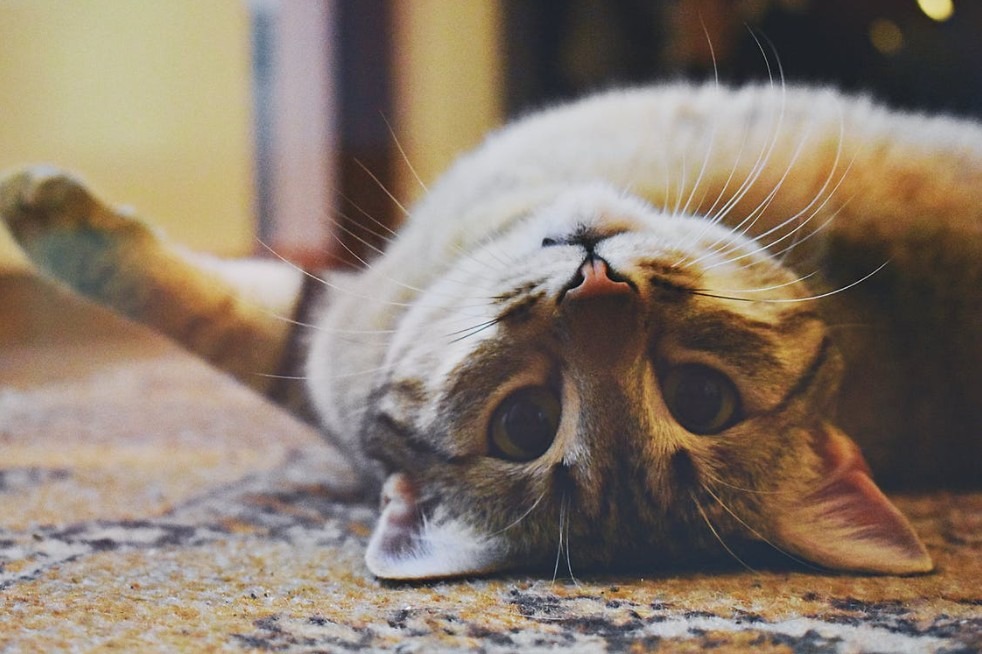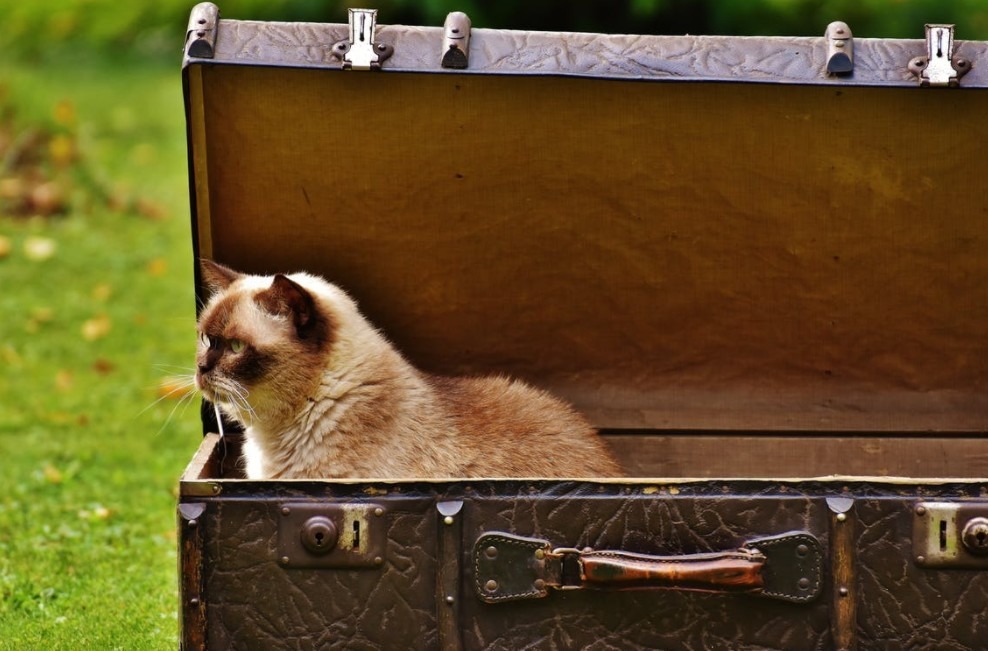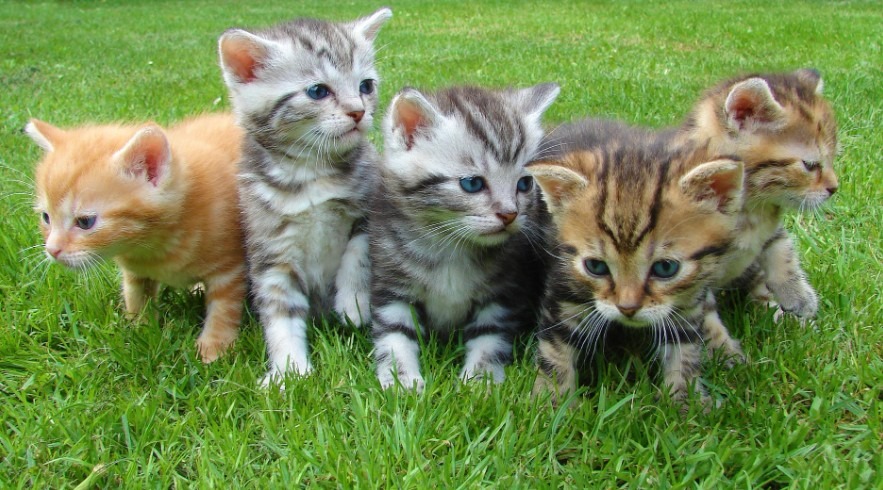Having a cat in your home can give you absolute pleasure, love, and enjoyment and make your life much more livable. The company of a cat is also said to be good for your heart’s health and helps you reduce stress.
Many say that cats are independent and moody animals who can be hard to handle sometimes, but the same people will agree with the fact that how loving and sincere they are with their owners and people they trust.
Cats can get pregnant in between spring and autumn due to the increased heat. Cats can become fertile and able to give birth at the young age of four months only. A regular pregnant cat delivers her babies in 60 to 65 days.
Just like for humans, pregnancy can be a pretty big deal for cats as well. If you have prepared yourself to welcome a bunch of kittens in your house, then it is nothing but a great decision.
Your cat naturally knows how to be a mother, which is why she won’t be needing you for any heavy parts of the job. You need to trust her and give her some space to feel comfortable enough to give birth. But at the same time, you need to keep your eyes on her to make sure that she is doing well.
If you are not looking to have little versions of your cat running around in your house, it is highly recommended to have her spayed or neutered. But what if she gets pregnant before you find out about these preventive measures?
We have gathered some caring tips for a pregnant cat, so read till the end to educate yourself about “how to take care of your pregnant cat.”
1. Your Cat’s Diet Should be a Top Priority
When you find out that your cat is pregnant, one of the most important things to make sure is that she is getting a proper diet and nutrition. This nutrition is not just important for her but also the little ones she’s carrying inside. During her pregnancy, you need to offer your cat some extra diet and make sure she consumes it because she will be needing all the energy.
Your cat will need additional protein and calcium in her diet to keep her strong and energetic throughout pregnancy. A protein and calcium-rich diet is necessary as it helps the cat lactate and is also essential for new-born kittens. Adult cat food can be used as part of the daily diet, but it lacks the extra nutrients required by the pregnant cat.
However, it is a wise and popular choice to feed her the diet that is specifically intended for kittens. This kitten-specific food should be included in her diet from the beginning of her pregnancy until after the kittens are born and no longer depend on their mother’s milk.
Also, make sure to not shift her on the kitten food abruptly as it may upset her stomach and affect her health. Slowly and gradually, introduce her to the new diet in a period of few days before completely switching it.
If your cat has any problems or sensitivities to certain food products or has some health conditions, you need to give your vet a call before starting anything new.
Keeping your cat hydrated is as important as being careful about her food. It’s your duty to make sure that she is drinking enough water throughout the day.
2. Provide Your Cat with the Best Care
When your cat is pregnant, you have to be there for her at all times and make sure that she is in a perfectly desirable condition to give birth. You have to pay attention to every sign and gesture that your cat makes and help her be comfortable and peaceful throughout the pregnancy.
During pregnancy, a lot of hormones rush within your cat’s system that might bring major changes in her mood. If your cat asks for hugs and cuddles, keep all your work aside and take her in your arms to make her feel loved. Love and care can also help her stay calm throughout that period.
Another important point to consider when taking care of your pregnant cat is that she needs to be held and handled carefully. Her body changes as the pregnancy progress, so you need to pay attention to how you hold her. Also, prevent your cat from any excessive physical activity or stress towards the end of the pregnancy as it can drive her condition worse.
While taking care of your cat, avoid touching her tummy area as it is very sensitive and might make her uncomfortable.
If your pregnant cat is not interested in food anymore, it can be a matter of concern as this may indicate a greater problem regarding her or her babies’ health. Make an appointment with your vet to have your cat checked.
3. Getting Your Cat Ready for a Safe and Healthy Delivery
Preparing your cat for delivery can be difficult for you if you don’t have enough information regarding her pregnancy. Firstly, as the probable date of delivery comes closer, you should prepare a box for your cat in which she can peacefully give birth to her babies and nurse them.
The box you provide your cat to give birth should have enough space for her and the kittens. Also, provide your cat with soft and smooth sheets, blankets, and towels to make her feel comfortable.
The box should be kept in a quiet and peaceful place where the cat can feel safe and satisfied to give birth. Make sure that your cat is fully comfortable in her new situation.
Plan your cat’s regular checkups with your vet throughout her pregnancy to avoid any complications. In normal conditions, home birth is preferable but do ask your vet for their opinion. If there is any complication in the pregnancy, it is important to have your cat deliver the babies at a veterinary clinic.
Even if she is completely healthy and having a home birth, stay prepared to take her to the nearby doctor during labor if a sudden complication arises. You should be aware of your cat’s due date, but if you are not, look out for these signs which can help you identify that her date’s getting closer:
- Your cat will become less active.
- She might lose her appetite.
- She will be looking for safe and quiet areas in the house for giving birth.
- You might see her licking her belly and genital area.
4. Postnatal Care is Highly Essential
After the birth of little, beautiful kittens, it may feel like it’s all done now. But certain problems and complications can appear after the delivery. First of all, make sure that you provide a complete nutritious diet to your cat as it is her time to nurse the kittens.
Getting an improper diet can be dangerous for the cat as well as for the kittens. Give her a high protein, high calcium diet to help her lactate properly, or it can affect the kittens’ health. If you observe a loss of appetite in your cat for a long time after delivery, you should take it seriously and visit your vet. Also, it’s important to keep her hydrated.
Right after the delivery, there can be certain complications that you need to look out for. In case of vaginal bleeding or prolapsed uterus, you need to take her to the vet as soon as possible.
Your cat can develop inflammation of the mammary glands, and as a result, enlargement of the infected glands occurs along with discoloration of that area. Your cat can also exhibit some unusual behavior which may lead to her harming the kittens. Keep an eye on her and the kittens at all times to make sure they are safe, healthy, and comfortable.
Conclusion
According to the facts, a single female cat, also referred to as the queen, can be responsible for the existence of about 20,000 kittens in five years. Cats are highly fertile animals, and we need to stop breeding them unnecessarily as their population can rapidly accelerate and become problematic. The only practical way to lessen the number of unwanted cats is by neutering them.
In case you find out that your cat is pregnant, this article might answer some of your important questions. Taking care of a cat is a pretty big deal but can also be an amazing experience if you know the right things to do.

